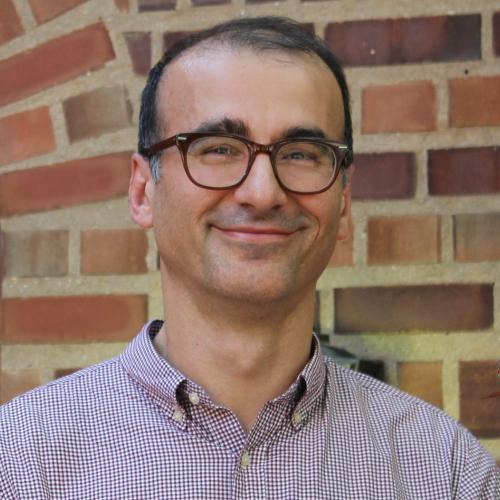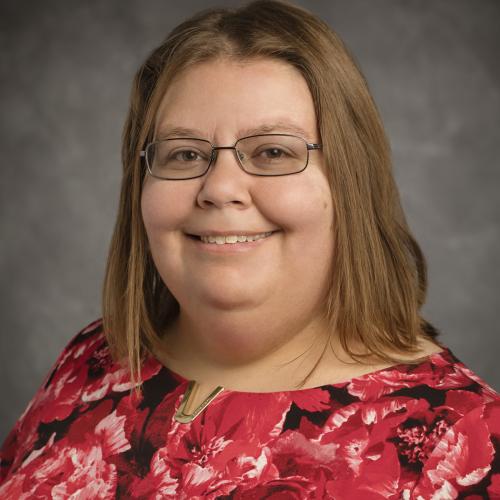The Interdisciplinary Health Sciences Institute (IHSI) at the University of Illinois has selected Associate Professors Halil Kilicoglu and Jodi Schneider for its new Emerging Research Leaders Academy. IHSI received over 50 nominations from department heads and directors associated with more than 35 units across campus. From those nominations, Kilicoglu and Schneider were among the fifteen participants chosen for the inaugural cohort.
The year-long program provides vital leadership and team science training to help mid-career faculty pursue large, multi-PI grants, lead campus research initiatives, enhance their own research programs, and position Illinois for research excellence. It is supported by Beckman Institute for Advanced Science and Technology, Carle Illinois College of Medicine, Carl R. Woese Institute for Genomic Biology, the Center for Social & Behavioral Science, College of Applied Health Sciences, Grainger College of Engineering, and the Office of Proposal Development.
Throughout the fall and spring semesters, participants attend a series of monthly, in-person workshops on a variety of topics, such as strategic leadership, mentoring, building diverse and inclusive teams, effective research communication, and leading and managing teams. Each participant will develop a five-year action plan and receive recognition as an Emerging Research Leadership Scholar upon completion of the program.
Kilicoglu's research interests include biomedical informatics, natural language processing, knowledge representation, scholarly communication, and scientific reproducibility. He holds a PhD in computer science from Concordia University.
Schneider studies the science of science through the lens of arguments, evidence, and persuasion. Her long-term research agenda analyzes controversies applying science to public policy; how knowledge brokers influence citizens; and whether controversies are sustained by citizens' disparate interpretations of scientific evidence and its quality. She holds an MSLIS from the University of Illinois and PhD in informatics from the National University of Ireland, Galway.

